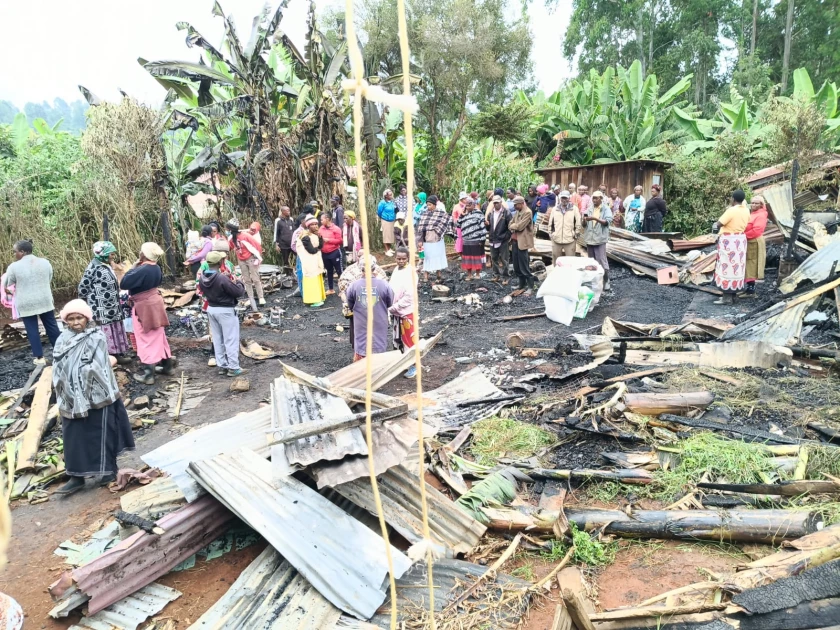The Taliban government has denied imposing a nationwide internet shutdown in Afghanistan, despite a widespread blackout that has disrupted communication, business, and education across the country.
Zabihullah Mujahid, a Taliban spokesman, said the disruptions were caused by technical work to replace old internet cables and not an intentional ban. “We are upgrading the system. People should not worry. Internet services will resume soon,” he told local media.
The statement comes after reports of widespread outages in several provinces, including Kabul, Kandahar, Herat, and Mazar-i-Sharif. For many Afghans, both mobile data and fixed internet lines have been unreliable since late September.
While the Taliban insists this is a technical issue, many Afghans remain skeptical. In the past, the group has restricted internet access to combat what it called “immorality” and to suppress dissent. Social media platforms, in particular, have faced temporary bans during protests and crackdowns.
Human rights groups warn that the current blackout could be part of a wider effort to control information and limit communication between Afghans and the outside world.
The blackout has had a serious effect on:
Businesses: Online banking, mobile payments, and cross-border trade have slowed.
Education: Students relying on online classes and digital libraries are unable to access materials.
Families: Millions of Afghans with relatives abroad have struggled to communicate.
“This has paralyzed our work,” said a shop owner in Kabul who uses WhatsApp to take orders. “Even one day without internet is a disaster for us.”
Global watchdogs have called on the Taliban to ensure open internet access, stressing that digital communication is vital for humanitarian work in Afghanistan, where over 24 million people rely on aid.
The United Nations has not yet issued a formal statement but continues to monitor the situation.


